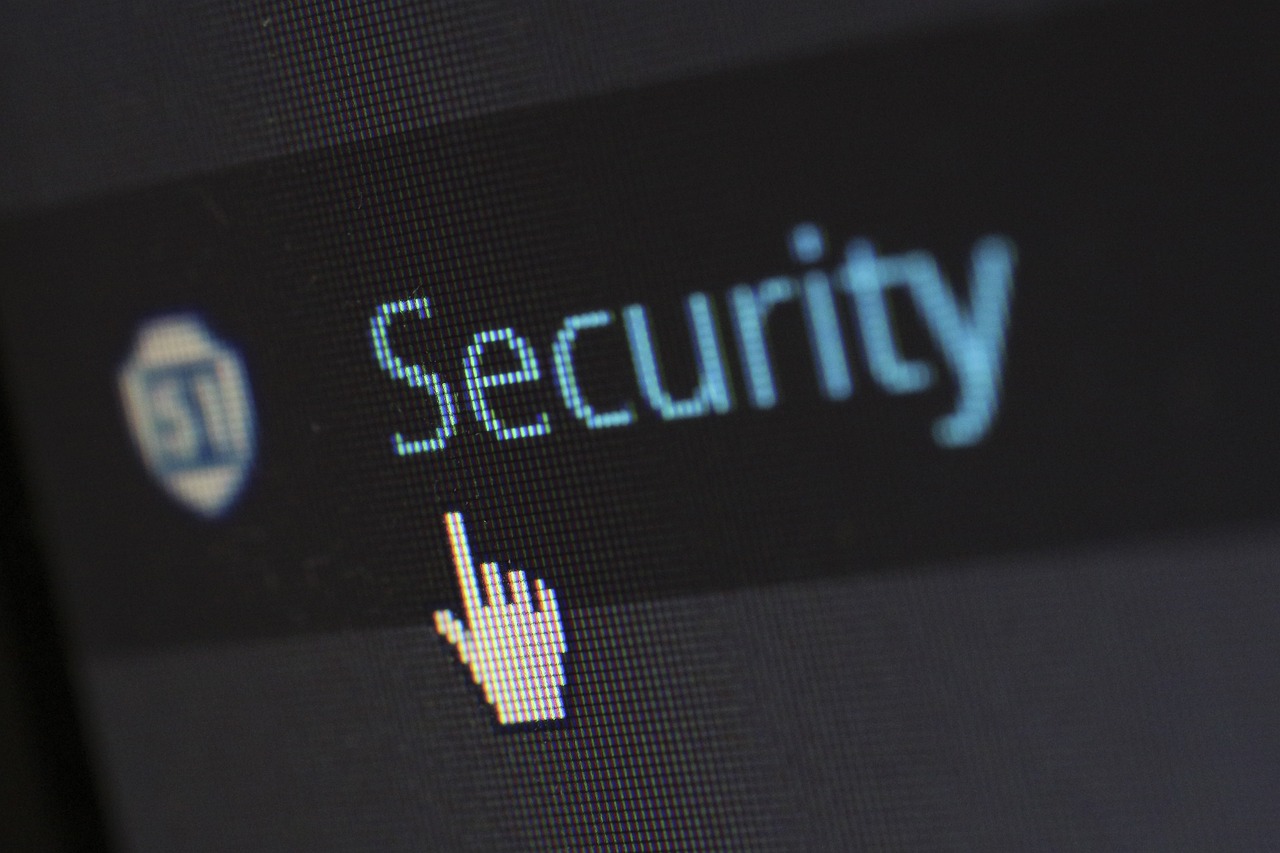Latest Solutions in Drupal Website Security
In the fields of e-commerce, IT, and digital marketing, security is one of the most critical aspects that managers and website administrators cannot afford to neglect. As a crucial element of a company's image, the smooth and secure operation of a website not only affects its reputation but also its financial performance. In this context, Drupal, as one of the most flexible and advanced Content Management Systems (CMS), offers rich configuration and personalization options, including in the area of security.
Have you ever wondered how the latest innovations in Drupal could improve the security level of your online projects? Do you notice that the pace of cyber threats is not slowing down, and security measures must be continually updated to counter new forms of attacks? If these questions are relevant to you, this article is written just for you.
How Drupal's Innovations Raise the Bar in Security
Being one of the most advanced and flexible Content Management Systems (CMS), Drupal has over the years created an advanced set of security features. Recent versions of the system, starting from Drupal 8 and continuing in Drupal 9, have introduced several innovative mechanisms that make the platform even more resistant to various types of cyber threats.
Updated Security Features
The introduction of the Configuration API in Drupal 8 and its expansion in Drupal 9 have allowed for better management of security settings directly from the user interface. This enables more precise control over what permissions individual users have and what resources are available to them. Drupal also offers monitoring and reporting tools that allow quick response to any suspicious activities.
Security Modules
The modularity of Drupal is one of its strongest aspects, and this principle also applies in the context of security. There are many modules, both community-created and commercial, that can be added to the site to increase its security. For example, the Security Kit module allows easy management of various security options, such as Content Security Policy or X-Content-Type-Options. Another example could be the Login Security module, which enables blocking login attempts from suspicious IP addresses.
Drupal vs Other CMS Platforms
When comparing the security of Drupal with other popular CMS systems like WordPress or Joomla, it's worth noting a few key differences. Firstly, Drupal is known for a very active and engaged community that regularly reports and fixes potential security gaps. Secondly, Drupal's architecture is inherently more complex and flexible, allowing for better customization to specific needs and security.
Drupal also allows for easy deployment of defensive techniques, such as Web Application Firewalls (WAF), which are less commonly found in other CMS systems. Lastly, Drupal offers specialized mechanisms for protection against specific types of attacks, such as SQL Injection or Cross-Site Scripting (XSS), which combined with its configurability and modularity make it one of the safest CMS systems on the market.
Why Drupal Sets New Standards in Web Security
In the era of digital transformation, security is becoming increasingly a priority element of business strategy. It's not just a technical necessity anymore but added value that affects the brand reputation and customer trust level. Drupal, being one of the most advanced Content Management Systems (CMS), offers a range of security features and modules that allow the platform to be customized to individual needs and security standards.
Drupal's flexibility and modularity are key elements that enable organizations to effectively manage their digital resources securely. From identity and permission management to user data protection to integrated solutions for e-commerce—everything makes Drupal not just functional but also secure.
In conclusion, it's worth noting that security decisions directly impact business decisions. High levels of security not only reduce the risk of attacks but also improve search engine rankings, increase customer trust, and facilitate compliance with international standards and regulations. Companies as diverse as Tesla, Amnesty International, Oxford University, Lush, and PKN Orlen demonstrate that a secure Drupal platform is an investment that pays off.




